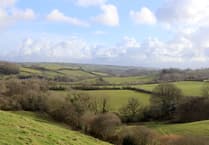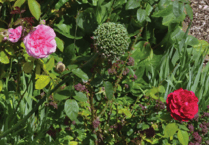The challenge is an international event which encourages people to search for and document biodiversity in their local area. This year it takes place on the weekend of 29th April to 2nd May.
The Bath and North East Somerset area is more wildlife rich than much of Britain, with rare bats in the old stone mines at Combe Down and Brown’s Folly, and wildflowers on our hillsides, but accurate information about which species are doing well and which are struggling is essential as the council responds to the ecological emergency.
Local records show that since 1900, red squirrels and pine martens, turtle doves and nightingales have all gone. Mature elm trees, Somersetshire Weed as it was popularly known, have been lost to Dutch elm disease, just as ash trees are now succumbing to ash dieback.
Councillor Jess David, cabinet assistant for Neighbourhood Services said: “The City Nature Challenge is a fantastic opportunity to help study and protect nature in our cities. Using the iNaturalist app you can identify plants and insects easily and help to document the nature in our area.”
Anyone needing help with identifying what they’ve seen can use the iNaturalist app which is free to download and simple to use. You can also use the app to record your sightings. The Natural History Consortium is running a free online training session on using the app on Thursday, 28th April, 12.15pm to 13.00pm. You can sign up here: https://www.eventbrite.co.uk/e/city-nature-challenge-training-tickets-324136750747




